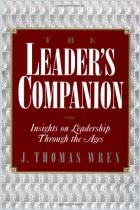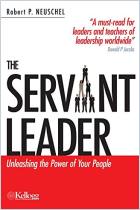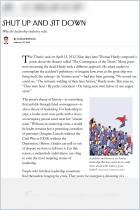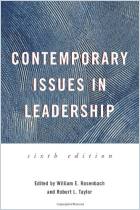Acesse a sua conta getAbstract para obter o resumo!

Acesse a sua conta getAbstract para obter o resumo!
Joseph Nye Jr.
The Powers to Lead
Oxford UP, 2008
Sobre o que é?
From ancient warriors to modern politicians, learn how leadership has evolved and how it’s still changing.
Recommendation
Author, statesman, university dean and agency director Joseph S. Nye Jr. has led – and has closely observed leadership – from the highest levels. His earlier writings forged the theory of “soft power” to denote persuasive leadership. In this book, Nye traces leadership lessons from Sun-Tzu to George W. Bush, citing historical events and their impact over the span of centuries. He defines which qualities mark successful and failed leaders. Nye’s writing style is dense, and almost every sentence is a thesis. You may find yourself holding a page open with a fingertip as you gaze up from the book, digesting all that Nye conveys and applying his illustrative lessons to whatever dilemmas you might face as a leader or a follower. And to Nye – as he makes clear – everyone is usually both. getAbstract recommends Nye’s compelling insights to CEOs, executives and managers who want to become more effective leaders, to anyone who aspires to lead, and to everyone who needs to learn the art of following.
Summary
About the Author
The former dean of Harvard University’s Kennedy School of Government, Joseph S. Nye Jr. is currently a professor at Harvard and the author of The Paradox of American Power.


















Comment on this summary